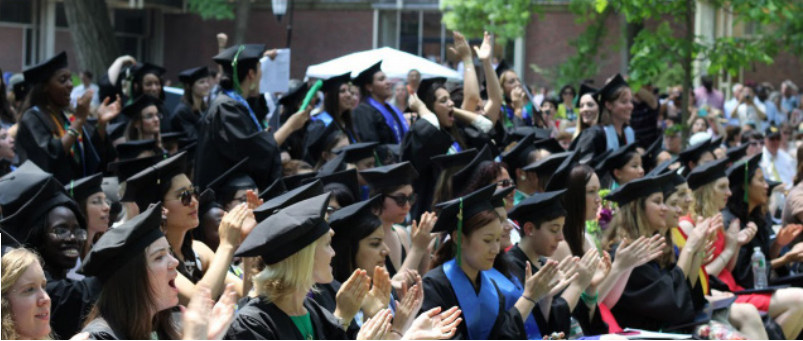As part of distribution requirements, students are required to take a single unit of coursework that demonstrates awareness of a non-Western culture or of social dynamics involving minority groups within a Western culture. Although Wellesley College attempts to demonstrate a commitment to multiculturalism, this requirement seems like pure lip service to diversity education.
In fact, the general tone on campus centers on bending the rules in order to fulfill this requirement rather than actually taking the class. It is no mystery that fulfilling the distribution requirements in addition to a major is difficult. Moreover, it seems nearly impossible to both graduate on time and take a few “fun” classes for which liberal arts schools are famous. However, despite that, multiculturalism should be a more significant, rigorous obligation in our Wellesley education.
The implication of the requirement is that students’ worldviews and opinions change as a result of this class. In our increasingly diverse global climate, this seems like an important stipulation that should be advocated for and protected by the school. A common criticism of Wellesley is the inherent focus on “white feminism,” suggesting that the philosophy the college advocates is not intersectional. For instance, the institution will be content as long as it is churning out women who will eventually be bankers, lawyers, doctors, C.E.O’s and occupants of otherwise traditionally high-earning jobs. There is inadequate emphasis on jobs in equally valuable sectors, like social service or justice. Having merely a single unit dedicated to multiculturalism and diversity seems consistent with this reputation. There is an indication that because a credit on multiculturalism doesn’t look impressive to Goldman Sachs or Harvard Law School, it doesn’t have merit. From a liberal arts school whose objective is to give students an overall education on a variety of topics, including cultures of the entire world, this viewpoint is unacceptable.
In addition, this requirement seems to simply be a token for the school. Does Wellesley truly believe that one class alone is enough to further a student’s multicultural knowledge? Given that this class is seen by the community as a throwaway, and that the bounds of the requirement are vague at best, the college needs to improve and emphasize its commitment to pluralism. Wellesley should dedicate itself to the diversity of the world and its own student body. International students and students of color have long seen the history of their people as irrelevant. The history of women, people of color and LGBTQIA+ students are often separate panels in textbooks, a separate and comparatively unimportant topic. Our single unit of multiculturalism is doing the same thing. It is a negligible course to appease the student body, but is separate from the overall requirements of a serious liberal arts curriculum. As a community, we must evolve our distribution requirements to better fit the needs of our students. That is, we must expand the provision to be more than just a single unit of vague multiculturalism. Rather, we must encourage departmental majors to ensure that they are offering courses that too promote diversity.





